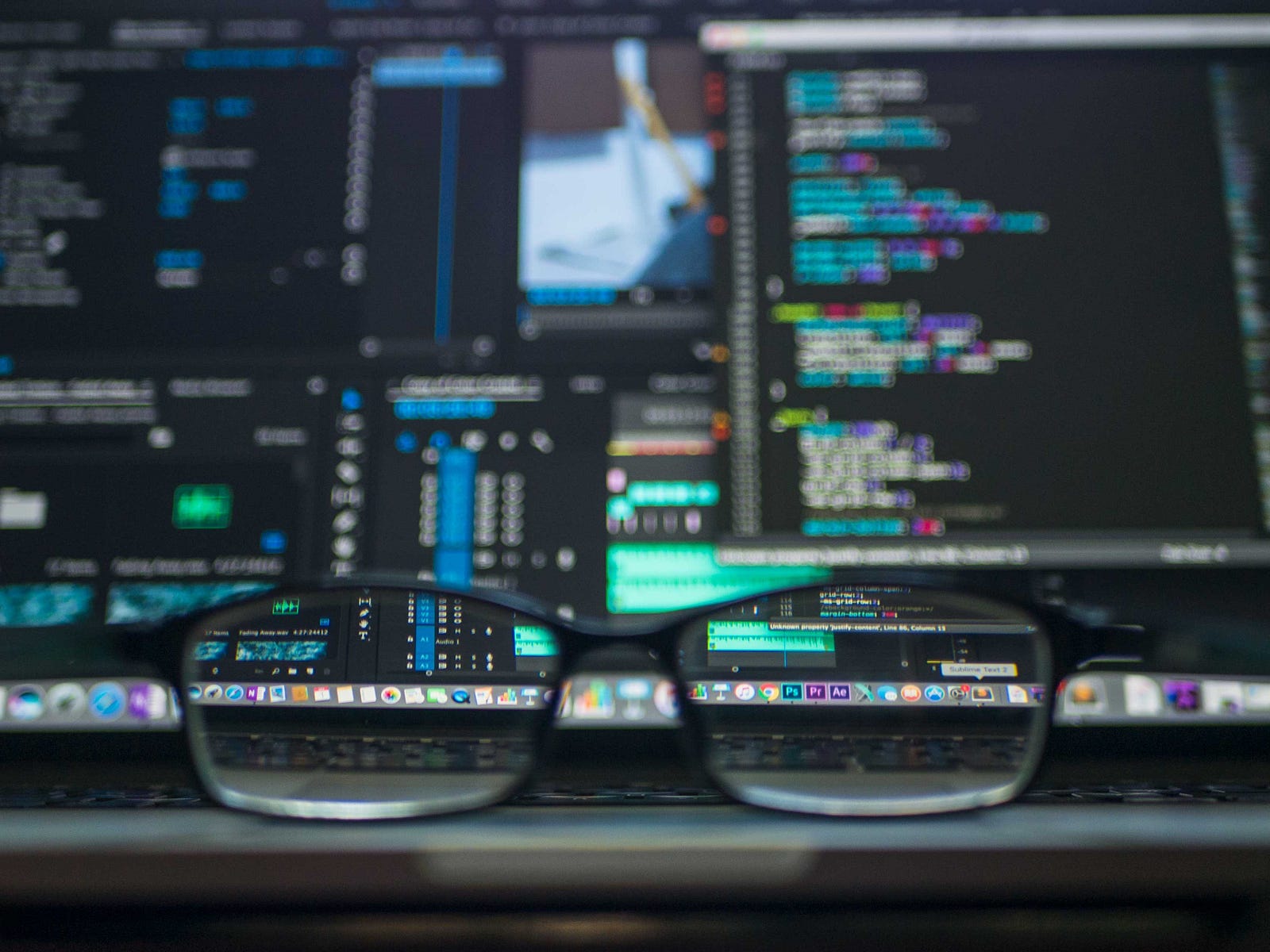Speaking last month at the Valdai international conference, Vladimir Putin stated that “it is obvious that new information technologies have made the information space as precious as land was in the age of Columbus. Interference in others’ information space is now viewed as a major threat to national security.” No one says it better than Putin — from Russian interference in US elections to Erdogan using Facetime to address his public during a coup attempt, digital platforms have become an inseparable part of domestic and international politics.
Before discussing the potential uses and purposes technology could fulfill in classic and public diplomacy, there are several human competencies which should be materialized to master this emerging discipline — “digital diplomacy”. The first part of this series of blogs will present the needs each professional, practitioner, diplomat or civilian interested in digital diplomacy should own:
1. Network: There is little doubt about the relevance of big tech companies to the current political-diplomatic echelon. Diplomatic networking and relationship building should now include tech companies and their extensions- not only management, but other meaningful professionals such as community managers, accelerator directors, mentors, lecturers, UX designers and others who stand out in the tech-startup ecosystem.
2. Modus Operandi: Social media giants share a similar set of principles according to which they program their algorithms. The overarching goal of those is of course to generate revenue by exploiting: massive crowd-traffic, connectivity, anonymity and above all leveraging a legal gray area. Understanding this “Tech DNA” is crucial for those willing to utilize it for digital diplomacy.
3. Context: Awareness to the big picture — the finance and business of the tech ecosystem. For example, one should know which major artificial intelligence chipmaker stock gained 700% in the past two years (Nvidia), which app lost its spot in iOS top 10 downloads for the first in 2017 (Snapchat) or which company is currently involved in several property rights lawsuits (Alphabet).
4. Know-how: The art of using social media platforms to deliver messages and impact policy making. A complete understating of how to combine text, visualization, context and ongoing operation to maximize engagement with a specified target group.
5. Skills: To maximize performance and effectiveness, there are some digital diplomacy tasks that require learning and practice of apps and tools such as: quick and easy design using software such as Canva, filming a 360° Virtual Reality video, recording a podcast and most importantly basic machine learning programming for building chatbots on platforms such API.AI.
Missing from the list is of course the specific cultural context which must be considered in application of a digital diplomacy strategy. Whether operating as a civilian or as a public servant, the above paradigm is essential for navigating in a new, uncharted territory. The next blog will elaborate about the technicalities of apps and platforms in performing classic and public diplomacy.














